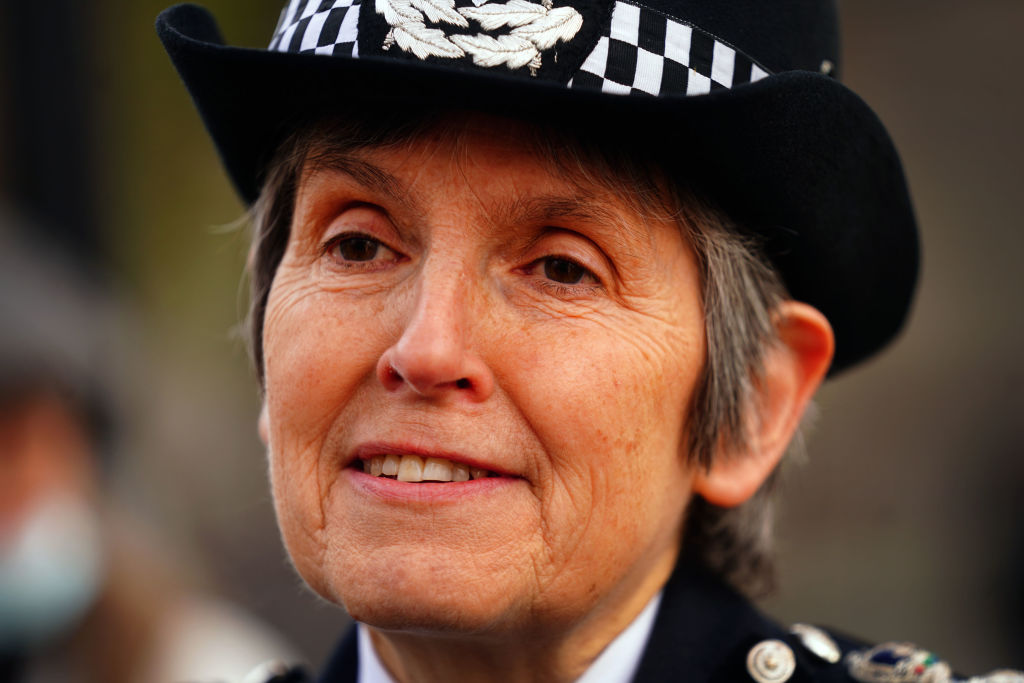To revive London, women need to be able to stop looking over their shoulder

Winter is here. The heating is on, the gloves and hats are out, and the decorations are up in the shops. Winter in London can be such a joy, but for many women it also means months of feeling frightened when out and about after dark – of planning different routes to avoid the park, of walking home from the station with keys clenched in hands, of wondering whether that route to a friend’s home will be safe at night.
Our city leaders need to make London the safest city for women and girls. It’s certainly not safe now, and this has profound effects on our day to day lives. According to the Office for National Statistics, 42 per cent of Londoners have avoided going to streets and areas they think are unsafe – the highest for any region. One in six have avoided leaving home alone. Our own polling shows that improving safety is the highest priority for Londoners – and, unsurprisingly, it’s an even higher priority for women.
We live in one of the most exciting, dynamic, and diverse cities in the world – and our relationships and connections with others are what makes our city tick. But if people don’t feel safe going to certain streets, or even going out at all, they don’t get to take full advantage of this. It doesn’t matter how fun that new bar is if you don’t feel comfortable getting there or getting back after a couple of drinks. If you’re a teenage girl, you might not want to stay for after school sports practice if it means walking home alone after dark. If you’re an older Londoner, you might not want to go to the cinema if you’re worried your handbag will be stolen on the bus. Not feeling safe means endless missed chances. And when women – and especially women of colour, disabled women, and trans women – are more likely to feel unsafe, they are most likely to miss out, deepening inequalities.
So what do to? Pointing out that attacks by strangers are very rare doesn’t help. And it should go without saying – although somehow it still does need saying – that harassment doesn’t happen because of the choices that women make about when and how to go out: it happens because of choices some men make.
London can do two big things to make a difference: show that we expect better choices and better behaviour and show that the police and criminal justice system are on the side of women. Real shifts can and do happen. We’ve seen massive change in the workplace in the last few years as a result of women speaking up about misogyny, unequal pay and sexual harassment, and men and women choosing to say they don’t want this at their workplace. A good starting point would be for City Hall and other key groups in London to work together and develop a charter on how Londoners treat each other, and to talk about it everywhere – in schools, in offices, in public campaigns. Centre for London has set out a radical vision for how to transform our city, it’s time for our leaders to do the same.
Over the last few months, horrifying revelations about the actions of some police officers in London have been unravelled in front of our eyes. If women were worried about contacting the police previously, this year has done little to bolster trust.
Last week, a poll for LBC showed only half of Londoners trust the Met. The largest group of people who don’t have faith in the police was women under the age of 35 – with 33 per cent saying they actively distrust the Met. For men under 35, this was 19 per cent.
There needs to be a root and branch review and reform of policing in London. It will take a while to do it properly. But until all victims of crime and harassment, especially women, feel there is an avenue for their voices to be heard and understood, we will not stand a chance in making our city safe.
We also need an audit of the places Londoners feel most unsafe in so police and other public services can focus their efforts on better patrols, better lighting, better street design – whatever it takes to ensure there are no corners of our city for malicious actors to hide in, whatever it takes to allow women to be able to stop looking over their shoulder.